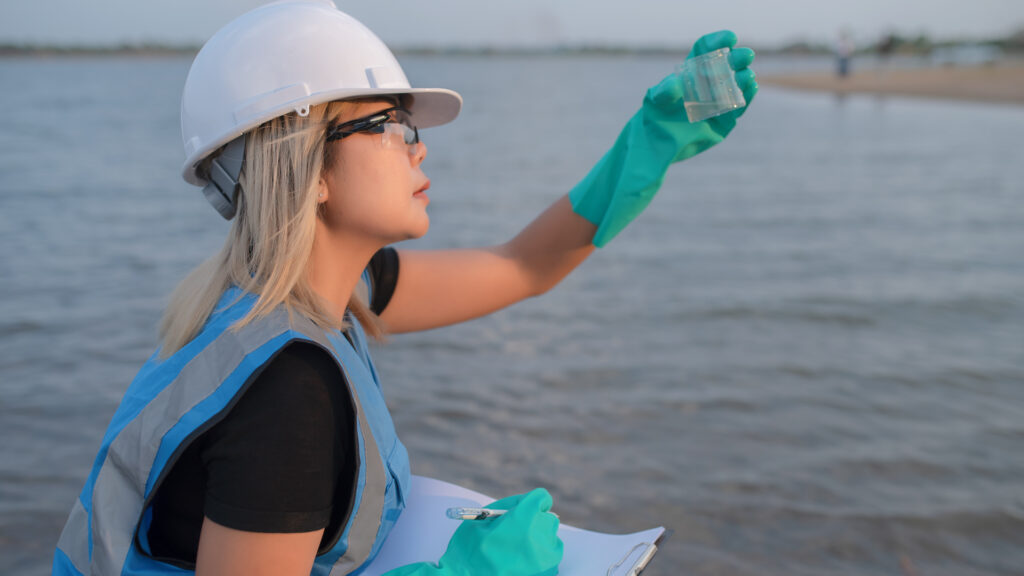Marine debris is solid, liquid or gaseous material found in oceans, seas, coasts and other marine waters. These wastes can come from a variety of sources, including land-based activities, maritime activities, ship discharges and wastes carried by currents. The main types of marine debris include plastics, organic wastes, chemicals, petroleum products and other materials.
According to the Mexican Ministry of the Environment, “80% of the waste entering the sea originates from land and coastal sources. Rivers and beaches are one of the main entry points for solid waste generated on land to enter aquatic ecosystems. In particular, in the case of primary microplastics, the main sources correspond to certain cleaning, personal care and cosmetic products that contain them among their components.”
International Regulatory Standards
At the international level, several conventions and agreements regulate the management of marine debris and the protection of marine ecosystems. Some of the most relevant include:
International Convention for the Prevention of Pollution from Ships (MARPOL): This convention establishes regulations to prevent marine pollution, including standards for the management of ship-generated waste. MARPOL Annex V focuses on solid wastes, including plastics, and prohibits the discharge of certain types of wastes into the sea.
Basel Convention on the Control of Transboundary Movements of Hazardous Wastes and their Disposal: Regulates the transboundary movement of hazardous wastes, including marine debris, and seeks to prevent their environmental impact and harm to human health.
OSPAR Convention: This convention focuses on the protection of the marine environment of the Northeast Atlantic and establishes measures to prevent and reduce marine pollution, including waste.
Directive 2008/56/EC of the European Parliament and of the Council (MSP Directive): This European Union directive seeks to order the maritime space and promote the sustainable management of marine resources, which includes the regulation of marine litter.
Regulation in Colombia
In Colombia, the regulation of marine waste is framed in several laws and regulations related to the environment and marine resources. Some of the relevant regulations include:
Decree 1874 of 1979: protection and prevention of pollution of the marine environment
Decrees 1875/76 – 1979: defines the concept of marine pollution and establishes protection standards.
Resolution 930 of 1996: regulates the reception of waste generated by ships in ports, terminals, docks and wharfs.
Cybergraphy
https://residuosmarinos.mma.gob.cl/residuos-marinos-y-microplasticos/
https://eur-lex.europa.eu/ES/legal-content/summary/strategy-for-the-marine-environment.html
http://www.secretariasenado.gov.co/senado/basedoc/ley_0099_1993.html



